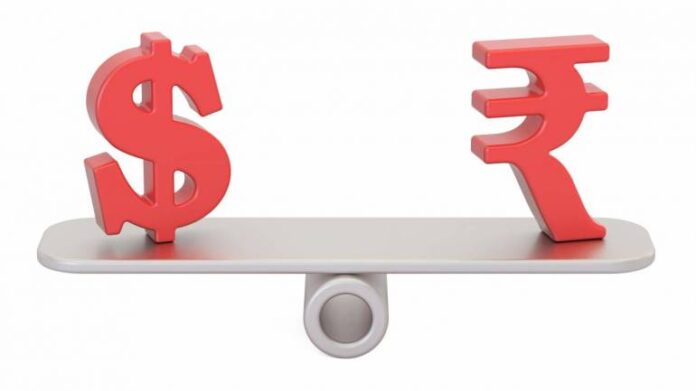The Central Bank of Japan has become the first among G7 nations to own assets collectively worth more than the country’s entire economy, following a half-decade spending spree designed to accelerate weak price growth.
The 553.6 trillion yen ($4.87 trillion) of assets the Bank of Japan holds are worth more than five times the world’s most valuable company Apple Inc. and 25 times the market capitalisation of Japan’s most valuable company Toyota Motor Corp..
They’re also bigger than the combined GDPs of five emerging markets — Turkey, Argentina, South Africa, India and Indonesia.
Central bank data released on Tuesday showed how much the BOJ has amassed over 5-1/2 years of what it calls “quantitative and qualitative” easing policy.
The BOJ has become the world’s second central bank after the Swiss National Bank and the first among Group of Seven countries to own a pool of assets bigger than the economy it is trying to stimulate.
Japan’s nominal gross domestic product for the April-June, the latest data available, was an annualized 552.8207 trillion yen. The reading for July-September, due on Wednesday, is expected to show a contraction after natural disasters.
While some analysts credit its unique policies with lifting the economy out of decades of deflationary pressures, the BOJ has had little success meeting its two percent inflation target or reviving domestic demand and growth.
Some investors see the BOJ’s inflation target as too ambitious and one that has forced it to keep buying a massive amount of bonds and stocks even as other major central banks have started to remove crisis-era policy accommodation.
At the same time, the aggressive asset purchases in recent years now mean the BOJ owns about 45 percent of the 1 quadrillion yen Japanese government bond (JGB) market, crowding out banks and other investors.
“The Bank of Japan’s policy is clearly not sustainable. The BOJ would suffer losses if it would have to raise interest rates to, say, two percent,” said Hidenori Suezawa, a fiscal analyst at SMBC Nikko Securities. “Also, in case of emergencies, such as a natural disaster or a war, the BOJ won’t be able to finance government bonds any longer.”
The BOJ’s assets started ballooning when Governor Haruhiko Kuroda took the helm at the central bank in early 2013, vowing that such steps would boost Japan’s inflation to two percent in two years.
That inflation target has proved elusive, barring a brief spike in prices after a sales tax hike in 2014.
Japan’s apex bank records high assets
RELATED ARTICLES




